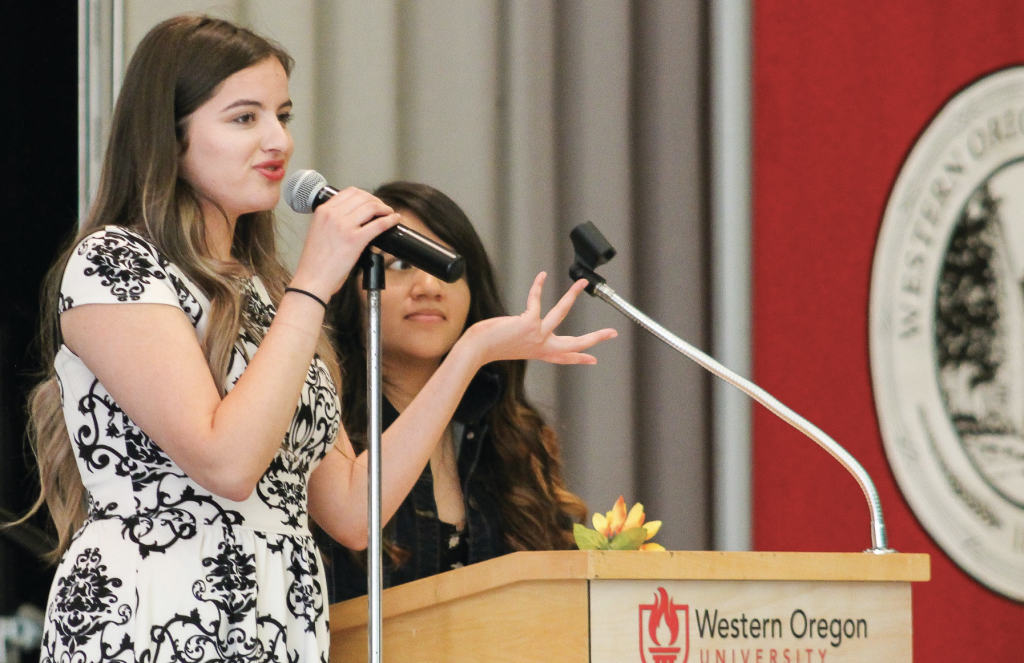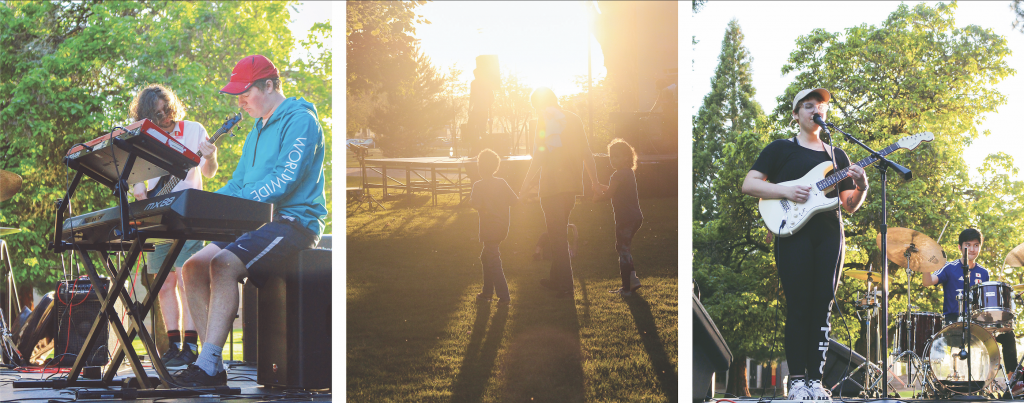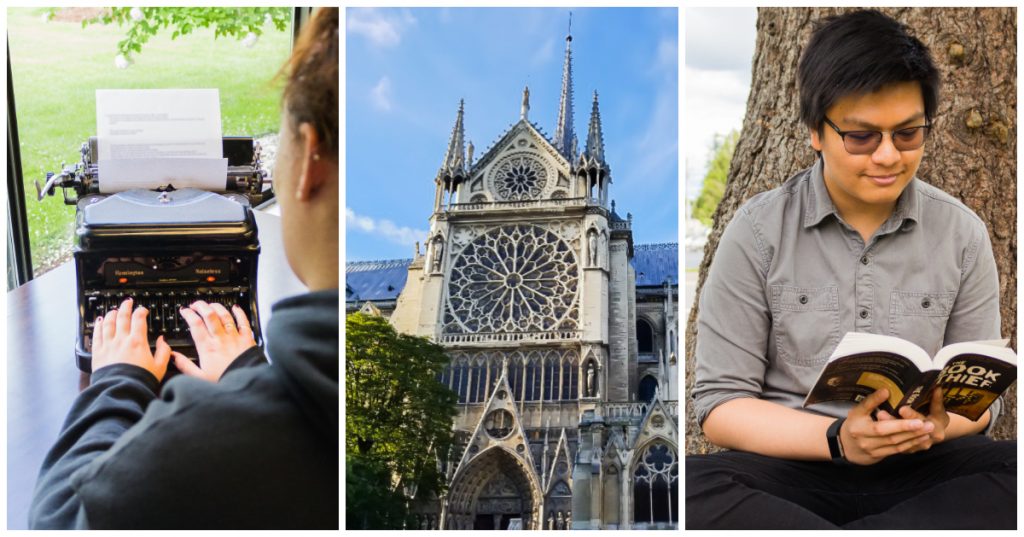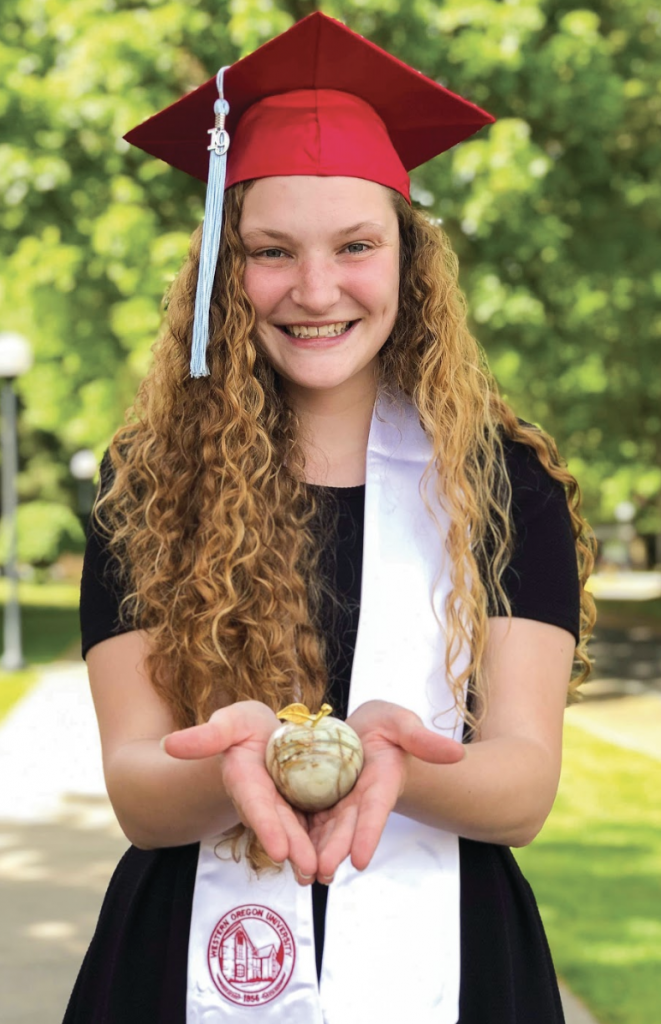
Bailey Thompson | Editor de noticias
Can you tell me a little bit about yourself?
I grew up in Lincoln City, which is on the coast not too far from here. I’ve always known that I wanted to be a teacher, so Western was an easy choice for me because of the ED program. I am going to be a middle school science teacher … I’m super passionate about teaching our adolescents — I think it’s an awesome age. They’re just goofy, and they need all the love in the world. So, I’m excited to just give that to them. And science is just awesome because of the wonder and the ‘Ah-ha’ moments that it gives those kids.
What do you like to do in your free time?
I love visiting my family and my boyfriend … In the summertime and the springtime, I love to barbeque. That’s one of my favorite things to do. Sometimes I watch Netflix.
How do you feel about having been chosen for the Delmer Dewey/Julia McCulloch Smith Award?
Shocked, honored, humbled… I don’t know. I really didn’t expect to win. I knew I was nominated, and I wrote my cover letter and resume just being like ‘What an honor it is to be nominated. I’m so happy for whoever wins.’ But I totally wasn’t thinking it would be me at all. And then, it was. … I feel like I’ve done things that are just enjoyable and fun for me, so it was weird to be recognized for things that just seem like part of my existence and what I would no matter what.
What are some of the ways that you have been involved here at Western?
I started off in hall government as Activities Director … Then I was on the Residence Hall Association for half of my freshman year and all of my sophomore year as a programming coordinator. And then kind of at the same time that I started that position, I got a volunteer position at HART, which stands for Horses Adaptive Riding and Therapy. So, we do work with toddlers all the way through older adults who are experiencing physical or cognitive disabilities, mental health diagnoses, trauma — a variety of reasons why they might come in and ride the horses … And meanwhile, my junior year I got a position in University Housing as the Residential Programming Program Assistant, and that involved planning more social events and fun things for students to do over the weekends. I’ve been an ambassador … I was part of the Faculty Senate Honors Committee… and recently I’ve gotten to be a part of revising the Honors curriculum, which has been a lot of work but also a lot of fun.
Can you tell me a bit about what your experience has been like at Western in general?
My experience at Western has been great. I think they do a really good job of pushing you to try new things that are outside of your comfort zone and opening your mind to the world. I grew up in a pretty small town, so I didn’t have a lot of experiences with the things that I think Western is really good at exposing us to, and so my world just grew because of Western.
What is the thing that you are most proud of during your time at Western?
I think I’m most proud of the relationships I’ve made and the people I’ve surrounded myself with. I feel like after I leave here, I’m just going to have a whole slew of people who are supporting me and cheering for me, and that feels really good. I’ve made connections that drive me to be a more positive person — a person who wants to make positive change in the world — and I definitely think I’m influenced by those people every day.
If you could go back and do one thing differently, what would it be?
There’s lots of things … but I guess I might focus a little harder on classes. I’ve done really well academically, and my grades reflect that, but I might just tell myself to find a little more purpose in the things I’m learning and just hold on to it a little bit more. Now that I’m in the ED program, I’m realizing how applicable a lot of the stuff that they teach us is… and I wish I would have just taken some time to appreciate and absorb that information a little bit more.
What advice do you have for underclassmen at Western?
I would say that you should say yes when the opportunities come around — when someone asks you ‘do you want come to this event on campus?’ or ‘do you want to join this intramural team?’ or ‘do you want to go grab pizza at Yeasty’s?’ — just say yes because those opportunities sometimes lead to really great things and really great relationships. And, had I not said yes to a couple of things, I wouldn’t be here … That’s super cliché, but I think it’s what’s gotten me here.
What are you going to miss most about your time here?
I don’t know. Everything. I guess I’m just going to miss being around all the like-minded, positive people who are here, encouraging everyone to just be themselves and try new things. The world isn’t always like that… but that’s the kind of influence I hope to have on my students in the future. But I’ll definitely miss that culture of acceptance here at Western.
What are your plans for after graduation?
I recently accepted a position at Estacada Middle School teaching science — probably 6th and 7th grade. I’m headed to live in Lake Oswego with my boyfriend, and I’ll be commuting to Estacada for work … it’s about 30 minutes east of Lake Oswego.
Póngase en contacto con el autor en howlnews@wou.edu
Photo courtesy of BillyAnn Stemple
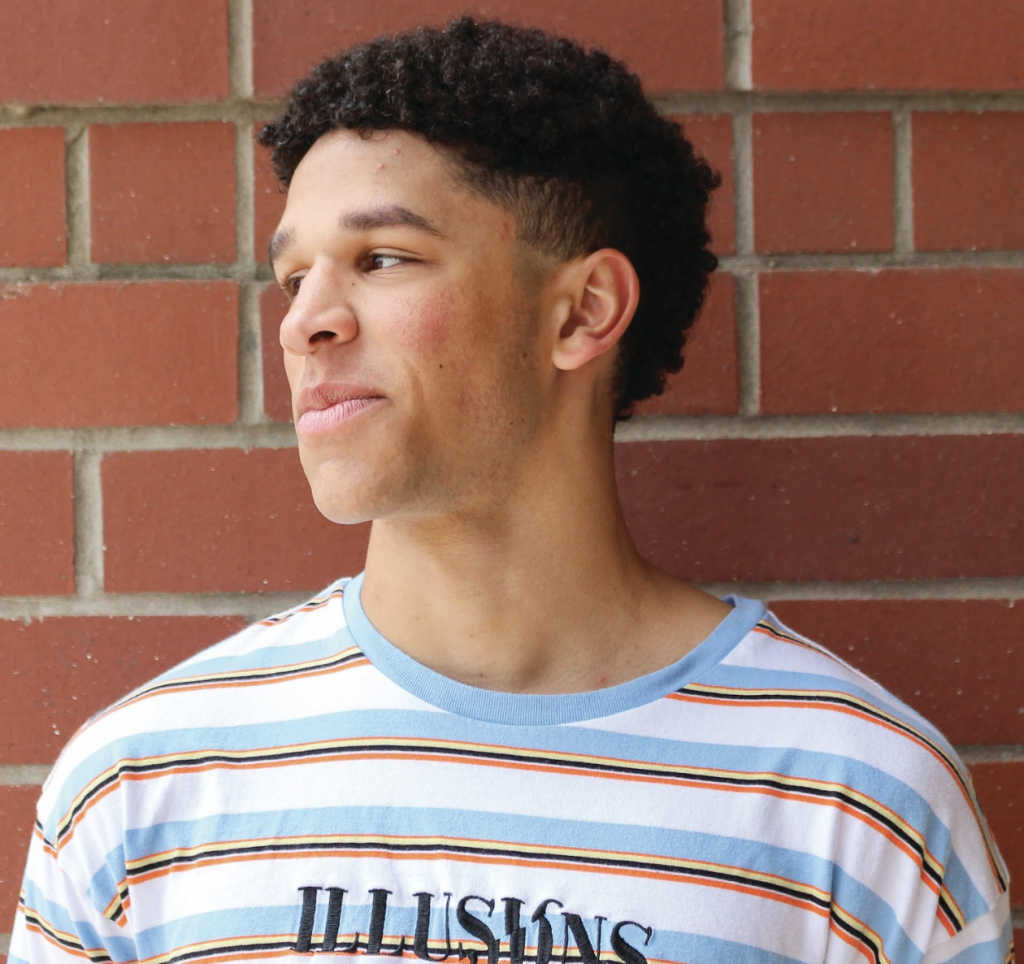


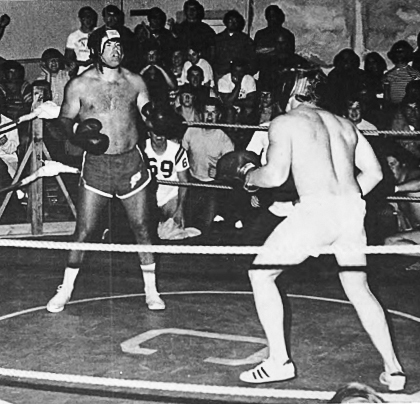
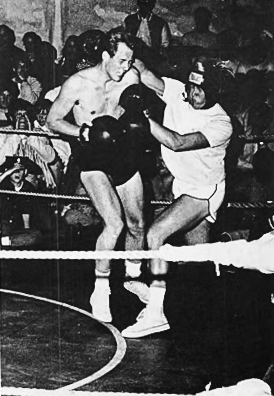
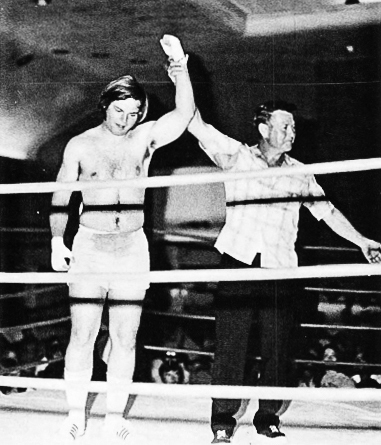 Cuando Clarke organizaba fiestas, se sentía afortunado si podía encontrar unos momentos libres con Lee para conocerle mejor. Sería en una de estas fiestas cuando realmente empezó a entender a Lee.
Cuando Clarke organizaba fiestas, se sentía afortunado si podía encontrar unos momentos libres con Lee para conocerle mejor. Sería en una de estas fiestas cuando realmente empezó a entender a Lee.
